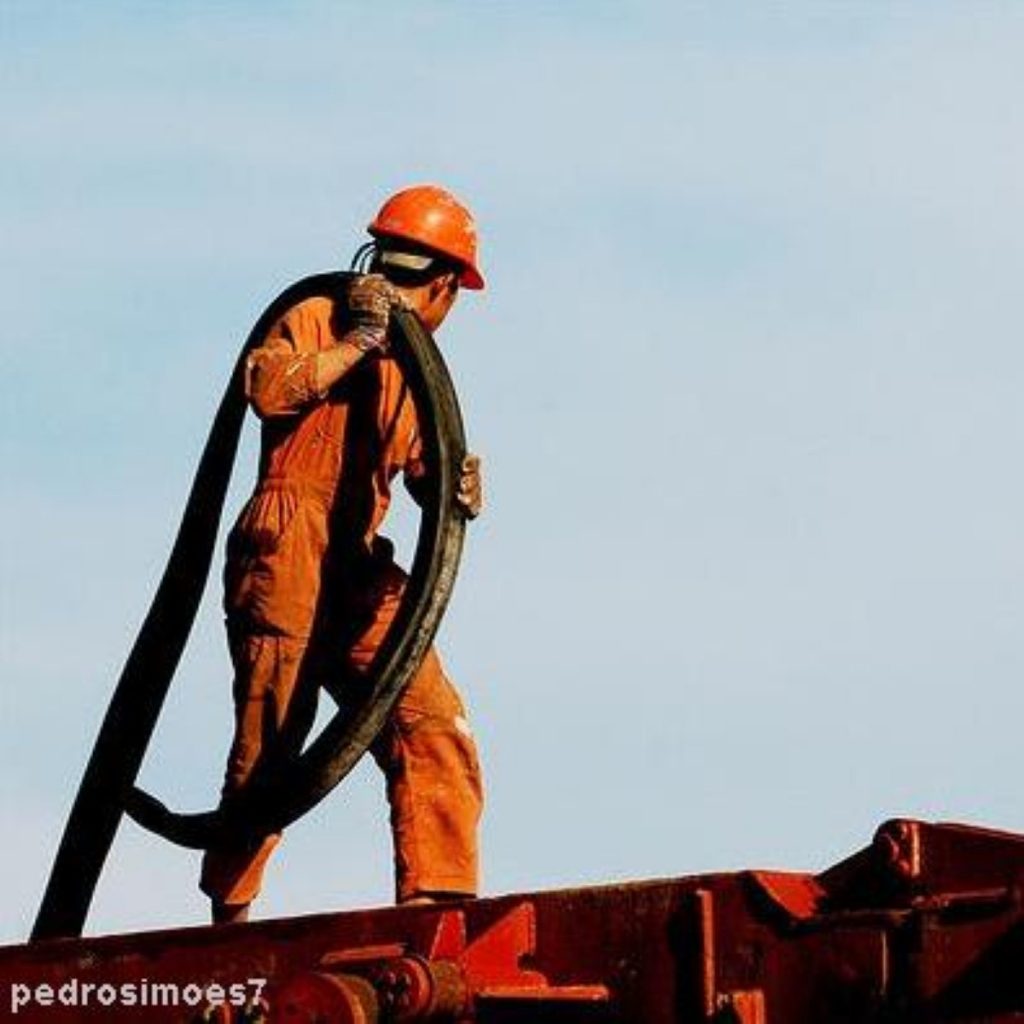Wildcat strikes set to end
By Blaine Williams
A deal has been struck to end the unauthorised strike action taking place across the country.
Union leaders have confirmed a deal has been brokered and are urging workers to return to work.
The deal is expected to contain the provision for 50 per cent of the jobs to go to British workers; this was the number that the unions were holding out for.


The jobs will not be taken away from the Italian workers, but will be new jobs created for the workers by bringing a number of projects forward.
Derek Simpson, from Unite, has welcomed the resolution of the strike action but says this situation will arise again unless the loopholes are closed which allow foreign contractors to bypass UK workers.
He said: “The real problem is that foreign contractors are employing completely overseas employees. Whilst this is not a problem, it does not allow British workers the chance to apply for these jobs. This is a generic problem and not isolated to Lindsey.
“A Level playing field for jobs means that UK workers should have the right to apply for UK jobs.”
He confirmed part of the deal was that the unfilled jobs, about 100, will now be available for UK workers to apply for and no Italian workers will be displaced by this course of action.
He adds that unofficial strike action is not the way forward but without it this issue would not have been raised.
“We can’t condone unofficial action, but it has to be recognised as this problem would not have been highlighted without the action. This problem will continue to occur unless a political and industrial solution is found to this phenomenon.”
Mr Simpson also distanced himself and his union form any connection with the BNP or UKIP, as the strike has been accused by some to be based on racist views.
“We are deeply concerned that other organisations like the BNP and UKIP are trying to attach themselves to this protest. UKIP, with its anti-Europe stance and the BNP, with their racist views, hold no sway over the unions.”
Contractors will be voting on the deal at 8.30am tomorrow.
A spokesman for Lindsey oil refinery said: “We are pleased to announce that we have concluded talks with union officials facilitated by Acas, which have resulted in an offer that has the support of the union officials.
“The next step of these talks is that the union officials will present details of the agreement to the workforce tomorrow and recommend a return to work.”
During a heated exchange at prime ministers question time, David Cameron asked whether Gordon Brown’s use of the phrase, ‘British jobs for British workers’, “showed a lack of judgement”.
Mr Cameron stuck the boot in deeper when he said the use of the phrase was “opportunistic, protectionist, and pandering to peoples fears”.
Mr Brown replied with the usual line of ‘at least we are doing something’, replying: “It is absolutely crucial we do everything in our power to help, that is why we have created new apprenticeships, are helping the unemployed and creating new jobs.
“The biggest error would be to do nothing”.
This exchange follows from the strikes that have spread around the country about the use of foreign workers, with talks continuing today.
A deal rejected this morning by striking union leaders and workers at the Lindsey oil refinery who are protesting over the use of foreign labour.
The earlier deal was proposed by Acas, after chairing talks between union leaders and the refinery’s owners, Total.
Union sources told the BBC the deal they were expecting would have offered 50 per cent of the disputed jobs to British workers, but it ended up offering only 60 of the 200 jobs to British workers.
Derek Simpson, joint general secretary of Unite, told BBC Breakfast the dispute needed to be resolved but there are further problems “bubbling under” the surface that need to be addressed.
He said: “Even if this dispute is settled [there is] still a major problem about how these foreign companies, who win contracts and come complete with a workforce, are going to create other difficulties.
“We need to build in some sort of concept that the jobs that are created by these contracts are open to everyone – to foreign and to UK workers.”
He said there were several other similar disputes “bubbling under” at other places.
“It will occur again, and I’m sure it will occur in other countries as well unless there’s a realisation that you can’t just use the freedom of labour to the exclusion of indigenous labour.”
The wildcat strikes started at the Lindsey oil refinery last Wednesday over a contractor exclusively using foreign workers.
Sympathy strikes spread quickly, breaking out in 20 sites around the UK.
The strikes have been criticised for being “xenophobic” by business secretary Lord Mandelson.
Phil Whitehurst said they were not striking over the foreign workers but just the opportunity to have a fair deal and be able to apply for the jobs.
“People have said it’s racist. It’s not. We’re not part of the BNP. I’ve shunned the BNP away from here,” he said.
“It’s about British workers getting access to a British construction site.”
Labour backbencher, Jon Cruddas, backed the strike action and criticised Mandelsons use of language.
He said: “Unfortunately, over the last day or two, we have heard a lot of talk about xenophobia.
“I am afraid that does not respect some of the issues that are at work here and that sort of language builds up the problem rather than acknowledges the nature of the problem.”
Yesterday, politics.co.uk found evidence of a BNP presence around the picket line.
Labour MP John Mann has put down an early day motion in the Commons “deploring” the use of foreign workers at the Lindsey refinery and praising unions for “exposing this exploitation and the absence of equal opportunities to apply for all jobs”.

